On 5 June 2023, all revisions of the EU emissions trading system (‘ETS’) Directive entered into force. The ETS Directive on Shipping obliges ships to surrender Emission Unit Allowances (EUAs) to compensate for their CO2 emissions.
Despite previous calls for the postponement of the implementation of the ETS Directive which has been described as being discriminatory against European Mediterranean ports as well as non-European ports in the Mediterranean, Member States were due to transpose the changes by 31 December 2023 with the revised ETS Directive applying from 1 January 2024.

“The position paper urges a revision of existing road transport legislation due to distorted competition between disadvantaged island operators and countries on mainland Europe.”
The ETS Directive poses a significant challenge, for regionswhich rely heavily on maritime connectivity for their economic vitality. While the Directive is generally a welcome step towards reaching sustainability goals in the EU by reducing carbon emissions, it threatens to increase
the operational costs for the maritime sector and thus for transport and ultimately for consumers.
This rule can be particularly compromising for Islands like Malta, which depend exclusively on its connectivity with the mainland and the rest of the world. For Malta as an established trading hub, transport networks are more than crucial for the Island. Malta, contrary to any landlocked country is dependent for transport of merchandise on trucks.
Given Malta´s unique realities of its insularity and considering that Malta relies heavily on import and export activity, certain EU policies related to maritime or road transport can bear huge challenges and disadvantages to the Maltese transport sector.
As Malta´s hauliers are dependent on transport by sea, many operators are choosing routes entirely by sea in the spirit of more sustainable operations to save on fuel emissions. For example, taking the route by sea from Malta to Genoa instead of driving from Pozzallo in Sicily to Genoa, saves CO2 emissions of up to 70%.
It is obvious that a delicate balance must be struck between environmental responsibility and maintaining economic prosperity. Considering that one of the main principles of the green transition is to fairly treats commerce, yet so far there is no particular focus on the disproportional burden of EU legislation and the potential indirect discriminatory effects of such.
Ultimately, the implementation of the ETS Directive was not intended as a disproportional burden for consumers, who will most likely bear the costs, especially during a time when Europe is facing high interest rates and cost-of-living crisis such that some industries are struggling to remain competitive. It is clearly noticeable that the impact of the ETS Directive on Maltese operators seems disproportionate when compared to other EU operators.
The EU Commission´s regulatory approaches tend to have a bigger impact on Maltese hauliers compared to others based on the European mainland. Additionally, it is a fact that transport companies based in mainland Europe are united and highly competitive. Note how German and French operators are extremely well organised and have considerable political influence on national governments.
The ETS Directive does include derogations for islands. However, those apply only to passenger ships that connect EU Member States, particularly for small islands with a population of fewer than 200,000 permanent residents. This special rule includes Gozo for example.
Other special rules or derogation regarding Island States were however not included in the ETS Directive. It would have been a smart possibility for Malta to negotiate such a derogation in the ETS Directive for island states during the drafting process of the revising directives. However, alas that ship has now long sailed. It does not seem very likely that Malta or any of the other states that have raised concerns about the new ETS Directive can seek to obtain derogations based on general principles or exceptions recognised under EU law.
The conditions are limited and the procedures, and requirements are clearly outlined to ensure that any derogation serves legitimate purposes and does not undermine the objectives of the directive or the functioning of the EU internal market. However, recently, the Malta Maritime Forum (MMF) again called for the postponement of the implementation of the directive.
Currently, it seems that particularly local stakeholders and unions are raising concerns and seeking action to mitigate the impacts of the ETS Directive and to advocate for a better stance protecting the haulage industry in the future. The Association of the Tractor and Trailer Operators (ATTO), representing road haulage firms based in Malta, is bringing increased attention to the fact that the interests of small island nations are different to those of the other EU members.
This vision is shared by stakeholders in the Republic of Ireland and Cyprus and also represented in the IRU, the International Road Union (IRU). The ATTO has been very vocal and proactive to represent the interests of Malta´s tractor and trailer operators and the transport network at large, which consequently also includes consumer interest.
Recently, the Chairman and the Board of ATTO met with The President of the European Parliament Roberta Metsola to discuss current challenges facing Malta´s transport sector. In a proactive approach to affect change in existing road transport legislation, ATTO, together with the Malta Chamber, the Malta Business Bureau, the Irish Road Haulage Association (IRHA) and the Cyprus Chamber of Commerce and Industry have put forward a joint position paper urging the European Parliament.
The position paper urges a revision of existing road transport legislation due to distorted competition between disadvantaged island operators and countries on mainland Europe. It will now depend on Malta´s response to the ETS Directive, how the country will navigate the new directive, and mitigate its impacts to ensure compliance with EU law but also sustain the industry´s vitality.
On the one hand, the impact of the ETS Directive should be monitored and communicated with Brussels to introduce action against the unequal level playing field between EU and non-EU ports as well as transport companies within Europe. On the other hand, it seems prudent to support local efforts for a stronger Maltese representation aided by a representation of Member States with similar geographical particularities, such as Cyprus and Ireland.
Lina Klesper
International Legal Assistant at PKF Malta
The Malta Independent on Sunday

Nationalist Party Leader Alex Borg meets with ATTO - 30th October 2025 The...
READ MORE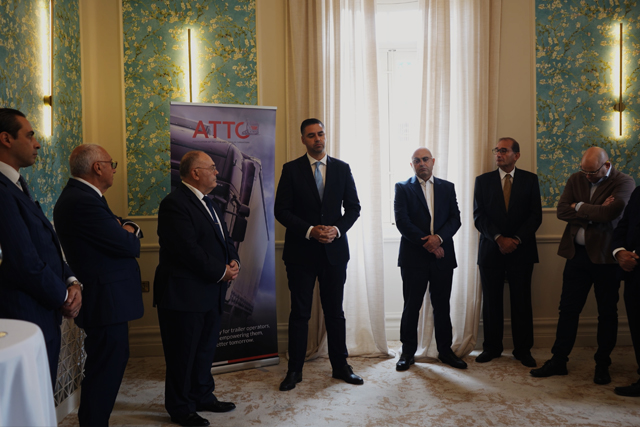
The Association of Tractor & Trailers Operators (ATTO) hosted a high-level Executive Business Luncheon this...
READ MORE
A few days following his appointment as the new Chief Executive Officer of Identità Malta,...
READ MORE
It is with great pleasure that we present the second edition of ATTO’s Newsletter for...
READ MORE
ATTO was honoured to participate in the first Stakeholders’ Forum organised by the Malta Tax...
READ MORE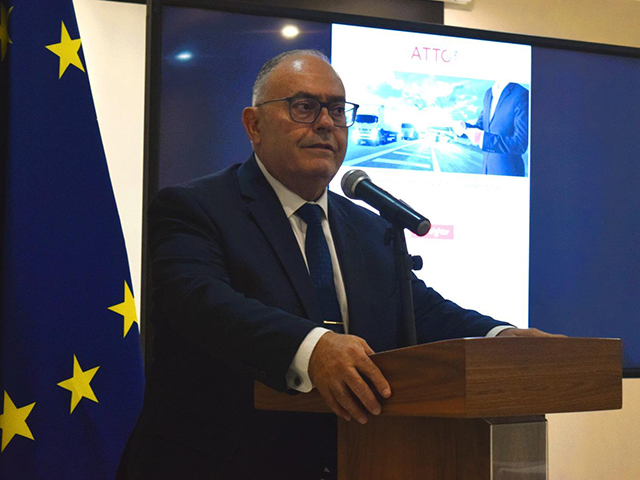
Maltese transport and logistics companies are very keen to identify best options to make use...
READ MORE
A meeting held with the European Parliament’s Committee on Transport and Tourism and the Association...
READ MORE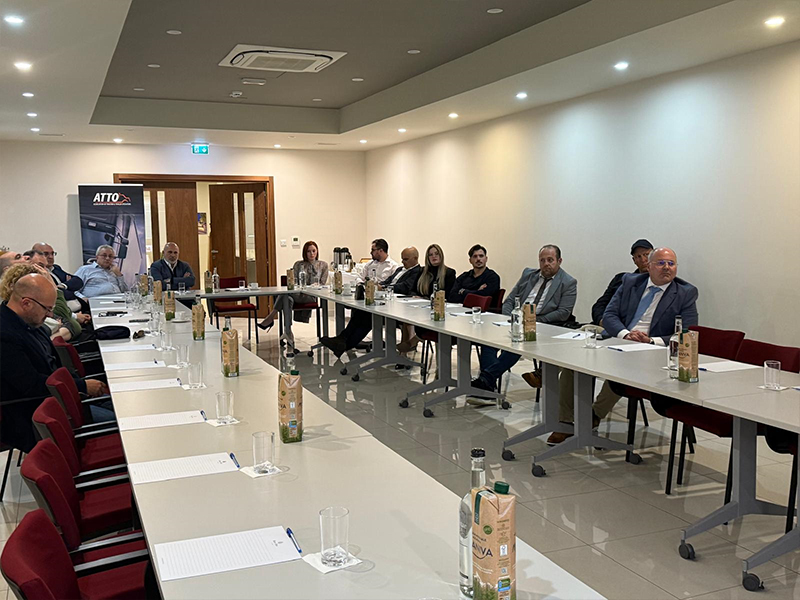
The Chairman, Joseph Bugeja welcomed members and expressed gratitude for their attendance. Dr. Daniel Attard,...
READ MORE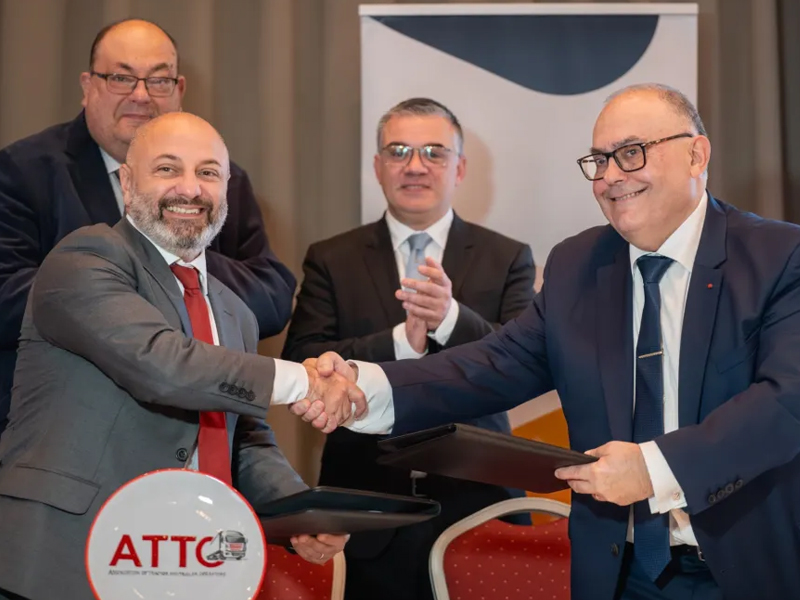
Decarbonisation and digitalisation emerged as two major challenges shaping the future of the transport and...
READ MORE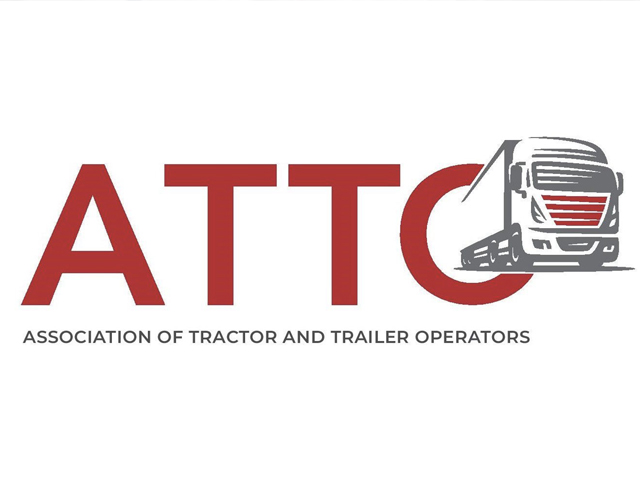
The Association of Tractor and Trailer Operators (ATTO) has revealed its newly branded logo, marking...
READ MORE
A year ago, JOSEPH BUGEJA was appointed chairman of ATTO, the association that represents Maltese...
READ MORE
The Association of Tractor and Trailer Operators (ATTO) is calling for reduced bureaucracy in the...
READ MORE